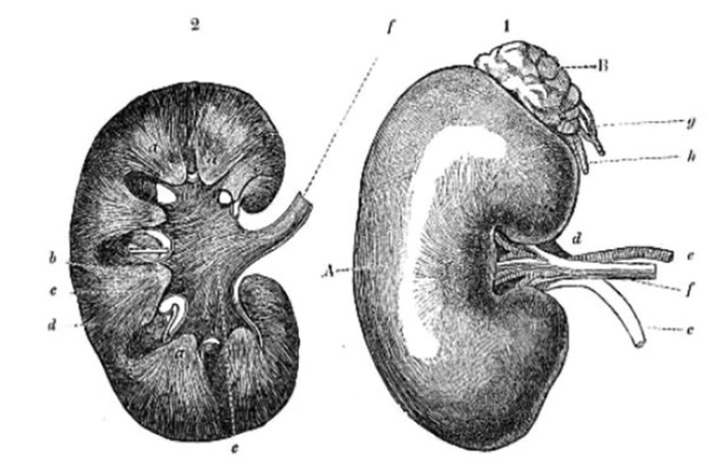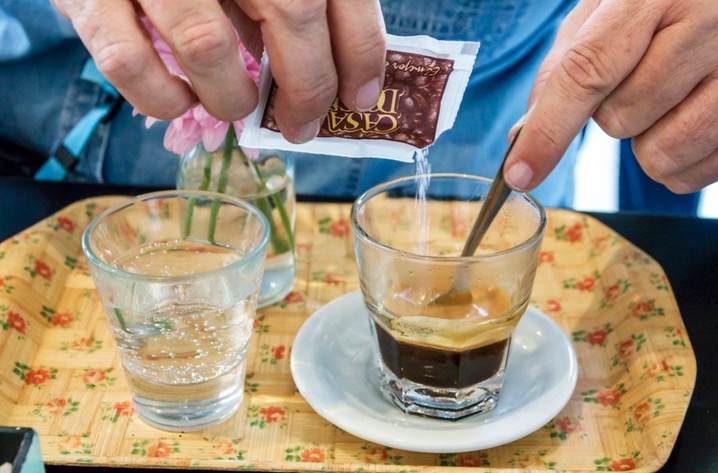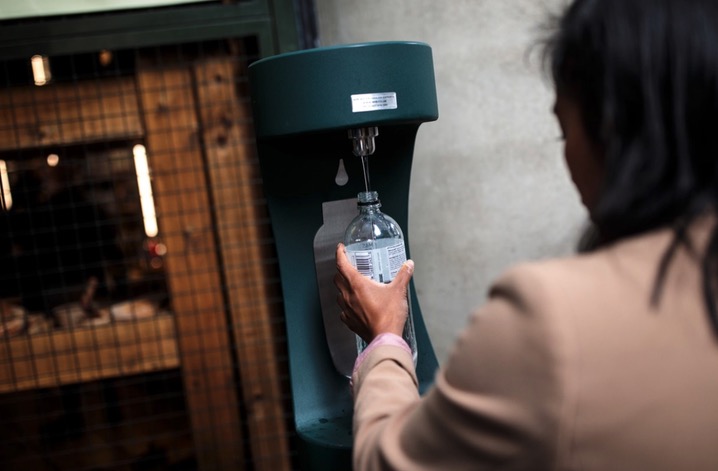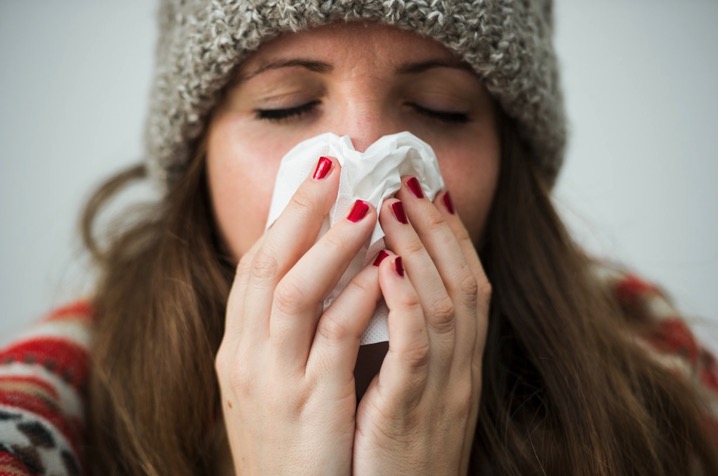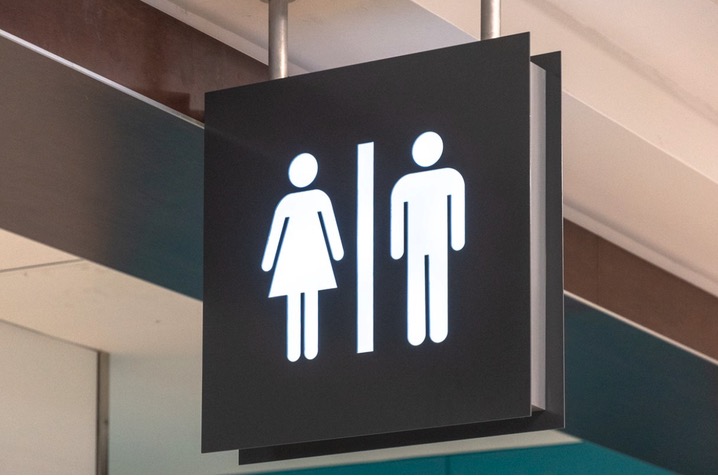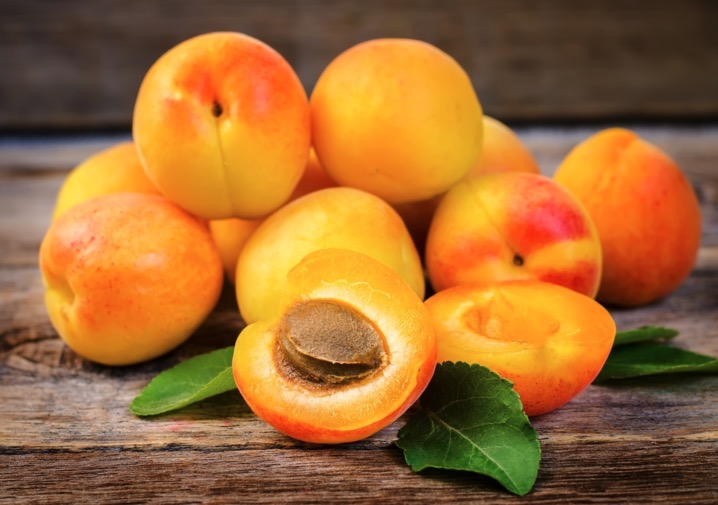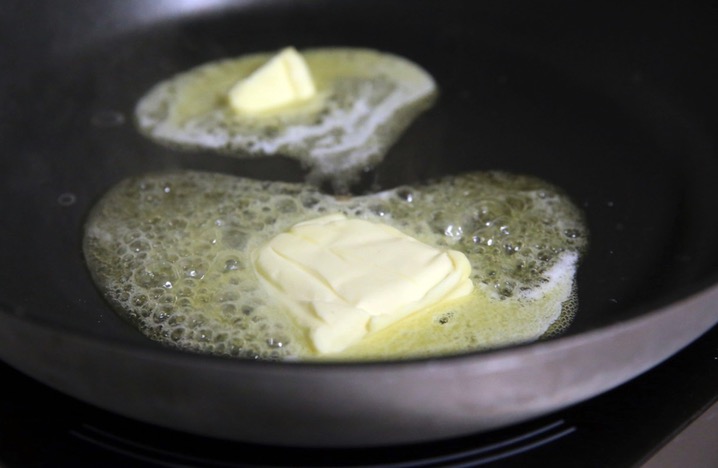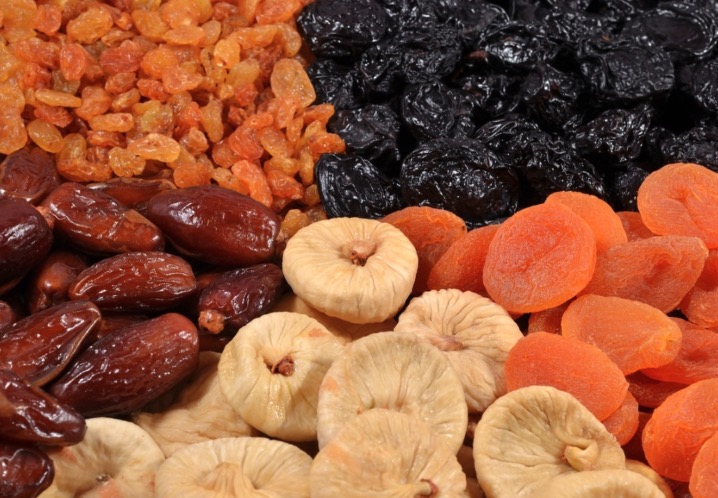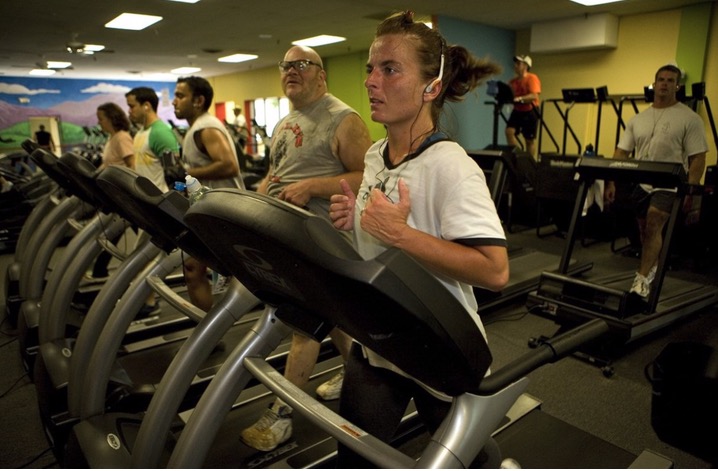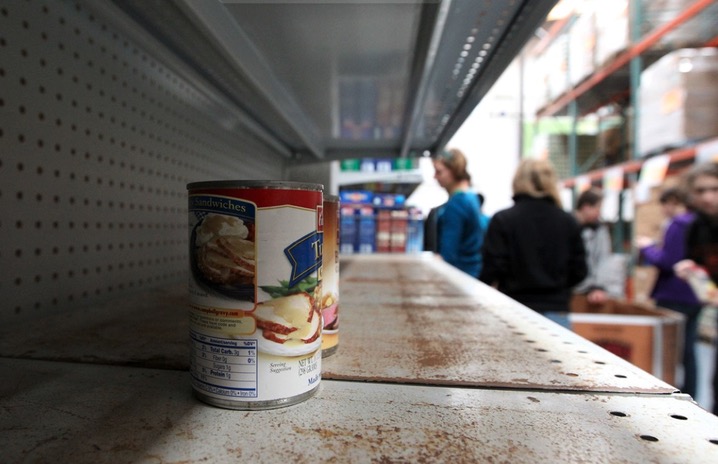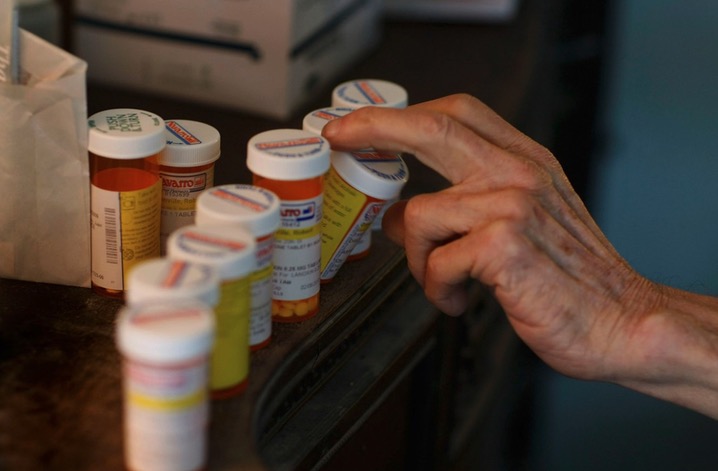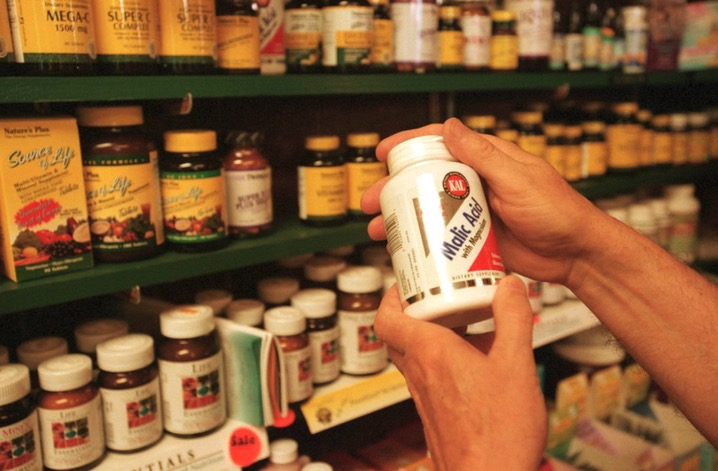Research conducted by the National Kidney Foundation has noted over 90,000 Americans die each year from kidney-related diseases. A shocking revelation that surpasses the percentage of both prostate and breast cancer. Many of us may not be aware that our kidneys play an integral role in sustaining our lives, and keeping them healthy should be a top priority. How can this be achieved, we hear you ask? There is no one simple answer, and our genes play a part, but mainly, taking care of our daily habits – what we eat, our sleep patterns, exercise routines – is key to preventing kidney damage and keeping our bodies healthy. Of course, we can’t ignore heart health, critically important to our overall well-being, so keep reading to learn some vital tips that will help you maintain your kidneys and a healthy heart and keep you in overall tip-top health!
Use More Herbs Than Salt
Many people are not aware that one of the number one killers of good health is attributed to the use of salt. Of course, we will admit salt does give our food flavor, but at the same time, it puts your kidneys under more pressure in having to drain water from the body. The excess salt affects the blood flow, which may end up putting your entire body in a compromising situation. Therefore, authorities, including the U.S. Department of Agriculture (USDA), recommend reducing our daily intake to no more than one teaspoon.
Minimize The Use Of Artificial Sweeteners
As a result of those trying to reduce their sugar intake, lately there has been an increase in the number of people replacing sugar with artificial sweeteners. However, we are not doing our bodies any good with these replacements, as they have been proven to hurt your kidneys both directly and indirectly. Two or less artificially sweetening ingredients per day may not be as terrible, but it is better to substitute with the likes of honey or Stevia.

Cut The Sugar Intake
Of course, sugar helps the body in its own way but only when consumed in small portions, and this is particularly naturally occurring sugar like in fruit, rather than processed white sugar. The kidneys are pushed into overdrive when there is too much sugar in the blood. According to research conducted, it was revealed that some persons who suffer from sugar-related illnesses like diabetes are at a high risk of developing kidney disease. Help yourself and make the necessary diet changes.
Use Fewer Painkillers
We all have the bad habit of taking a painkiller as soon as we feel the slightest of pain, but are we aware of the underlying dangers? Taking a painkiller occasionally is okay, but when it gets too much, you put a strain on the kidneys as the elements found in these medications limit the proper flow of blood to the organ. The New England Journal of Medicine carried out a study that indicated that a yearly average of 5,000 or more cases of kidney failure in the U.S. occurs as a result of overdosing on pain relief medications such as Tylenol and Advil. Painkillers in themselves are not dangerous, they just should be used infrequently and in moderation, and if on other medication, it is important to check their compatibility even with the mildest painkillers.
A lot of us love meat, but are we really aware of how much too much is bad for us? Consuming red meat once in a while is good enough but proven harmful if done too often. There are toxic elements found in red meat that can be detrimental to your kidneys (based on reports from the American Society of Nephrology), and one should be careful how they eat it. Kidney failures can be reduced by an average of 62 percent if red meat is replaced by a plant-based protein at least once a week.
The next time you feel thirsty, ditch the juice and go for some water. Bear in mind the role of the kidneys is to filter water from the body, and as such, the more hydrated you are, the better it works for the organ. Failure to drink a lot of water will leave your urine with a higher amount of mineral, which in turn crystallizes the inner layers of the kidneys leading to the development of kidney stones. There are no “set rules” on the amounts of water to have, but medical experts have noted an average of 9 cups for women, and 13 for men is about right.

